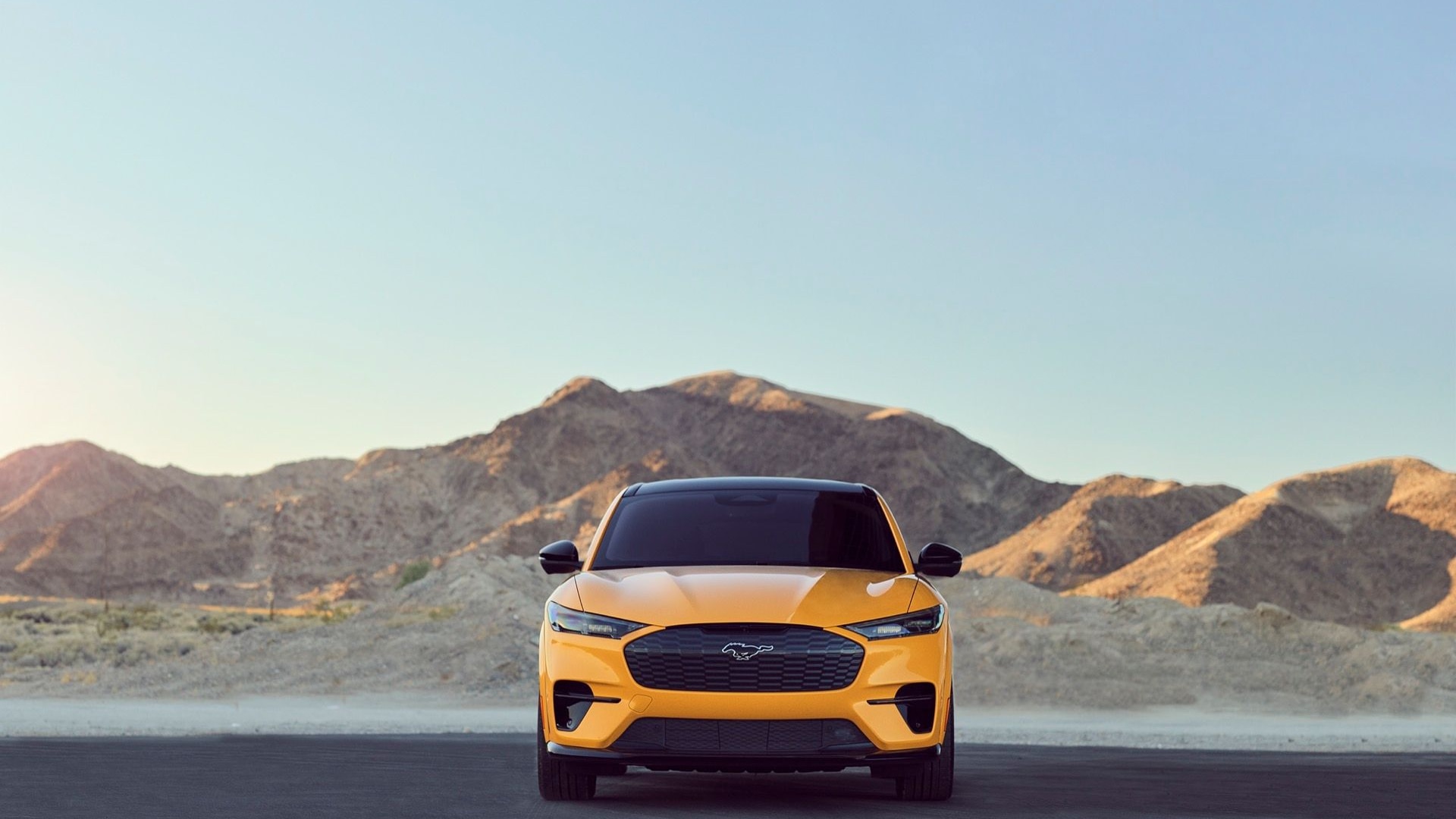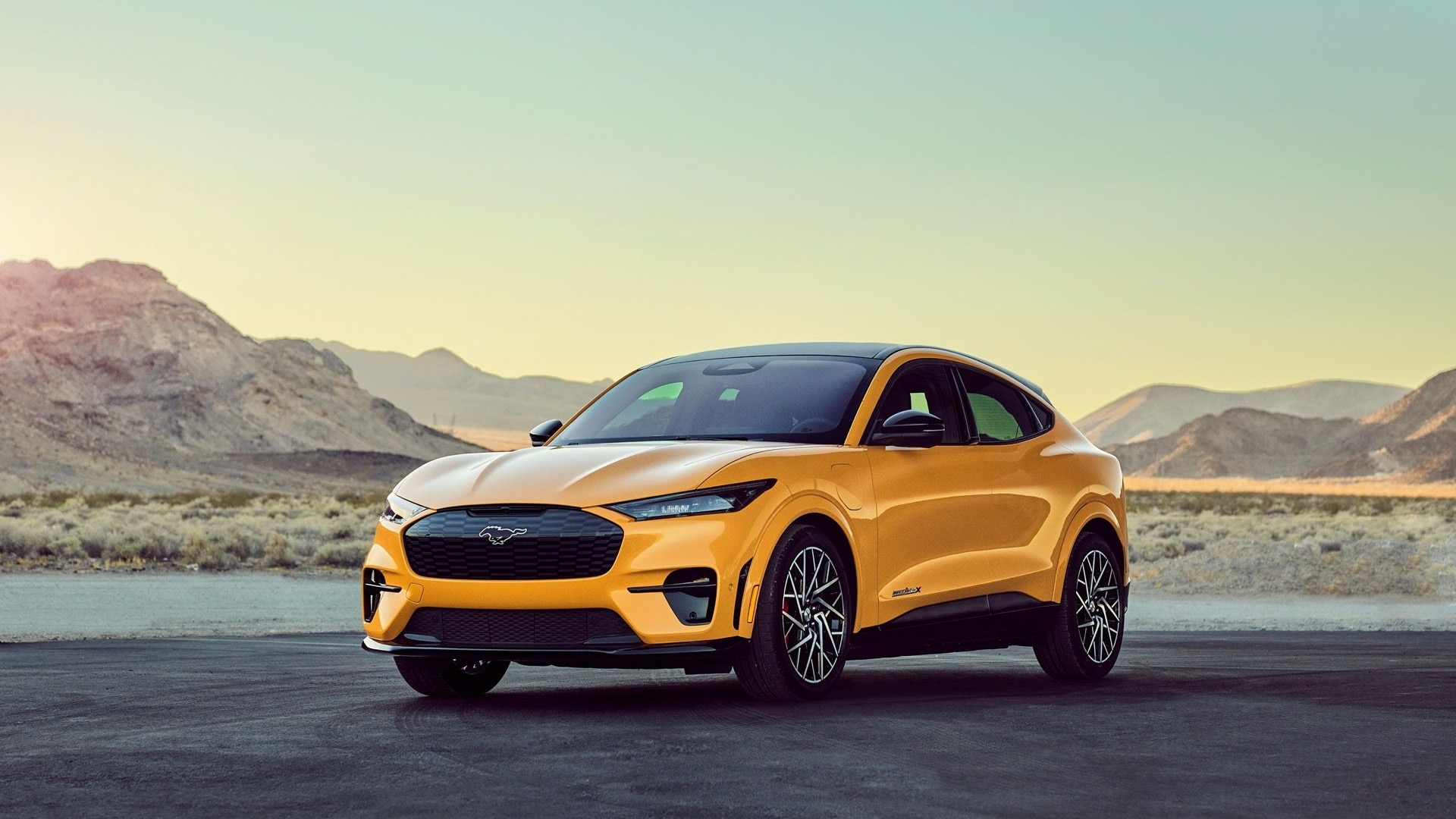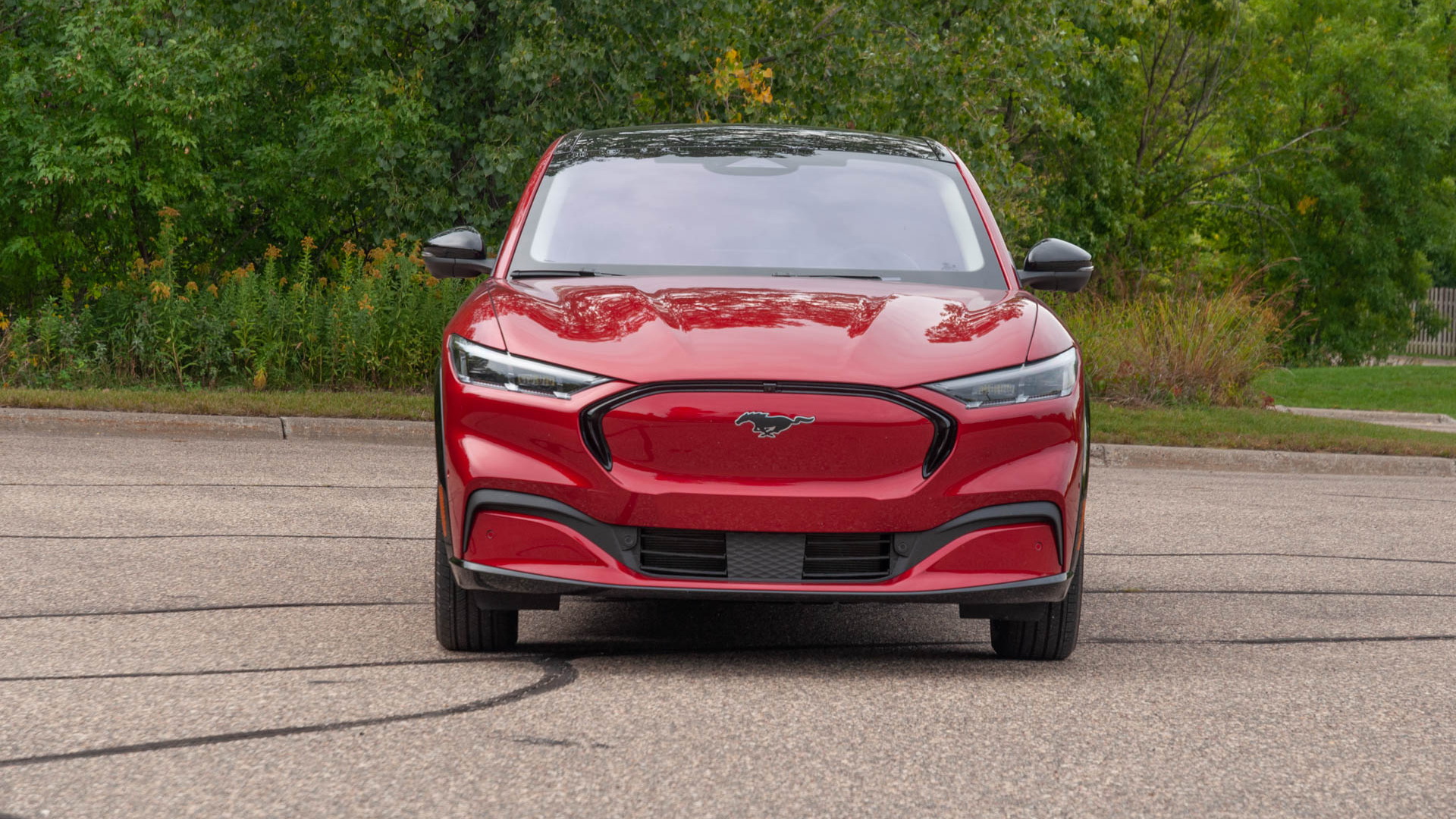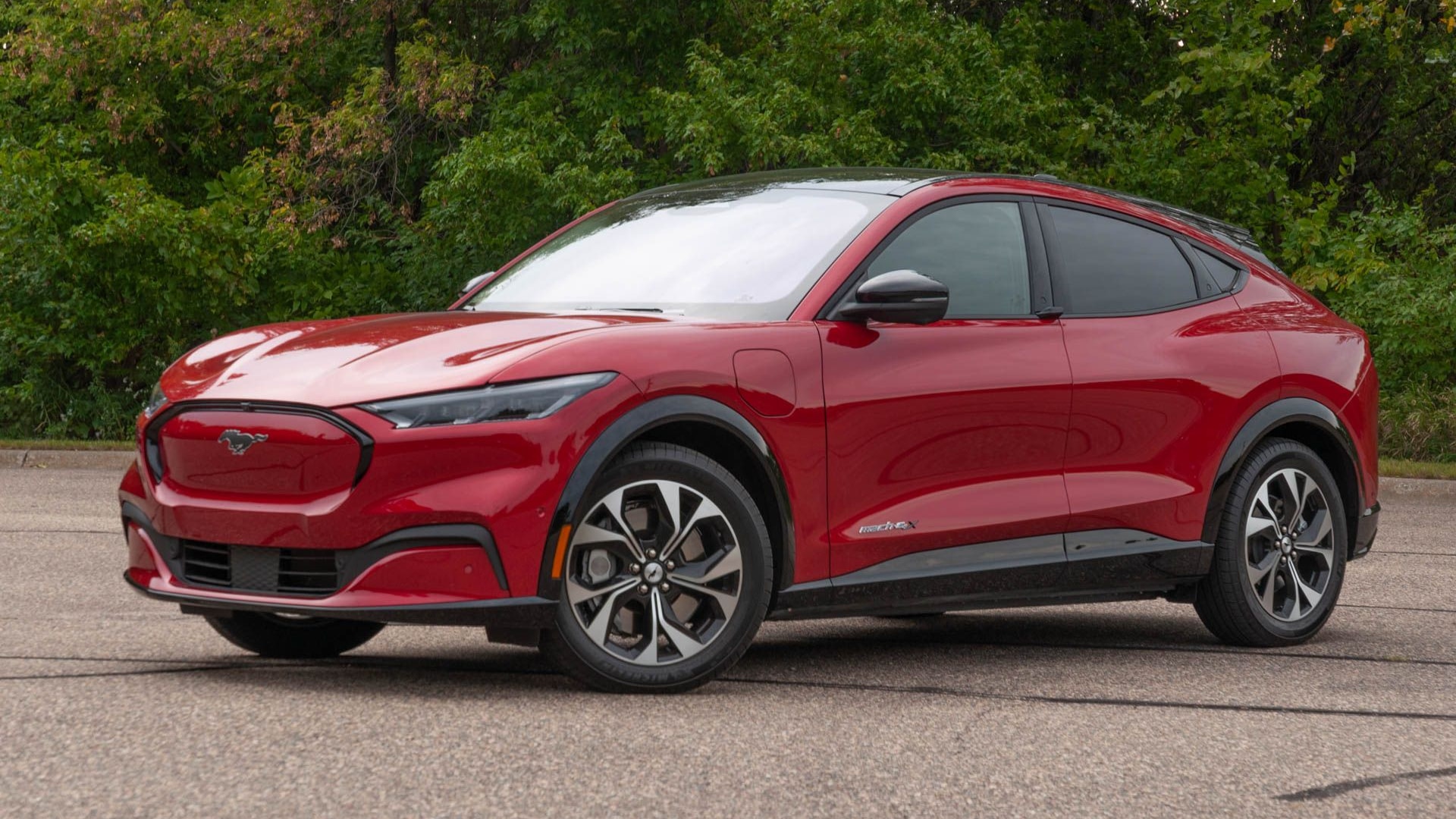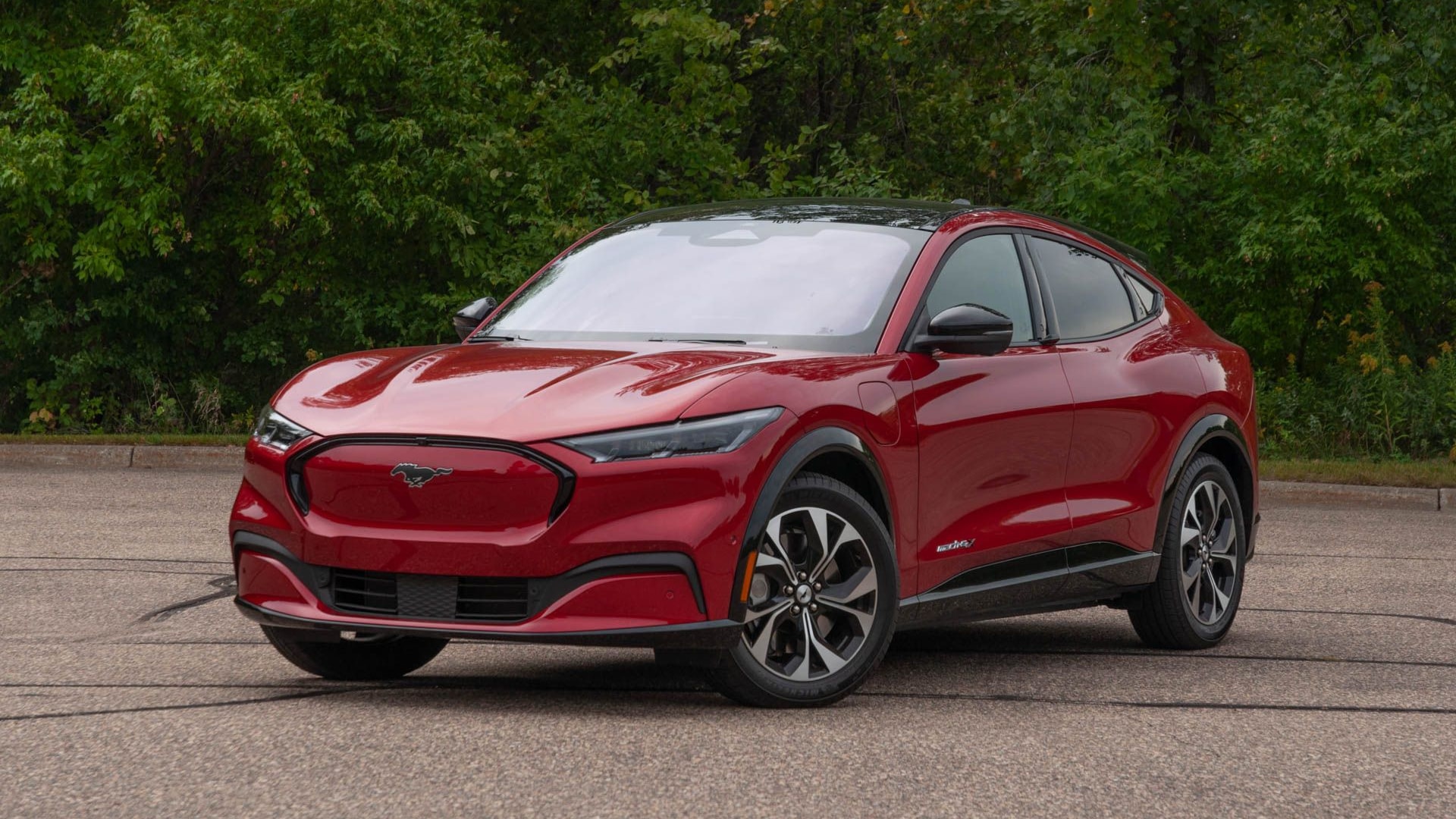Ford CEO Jim Farley sees the automotive industry “headed to a huge price war,” with the idea of “democratized EVs” coming soon.
The comments were made within a conversation with analyst Toni Sacconaghi, as part of Bernstein's 38th Annual Strategic Decisions Conference held earlier this week.
In it, Farley took a few positions that are likely to give some of the Detroit establishment heartburn—like how the auto industry is about to be rattled by price pressures, a shakeout that could favor China, and a potentially abrupt consolidation of vehicle makers.
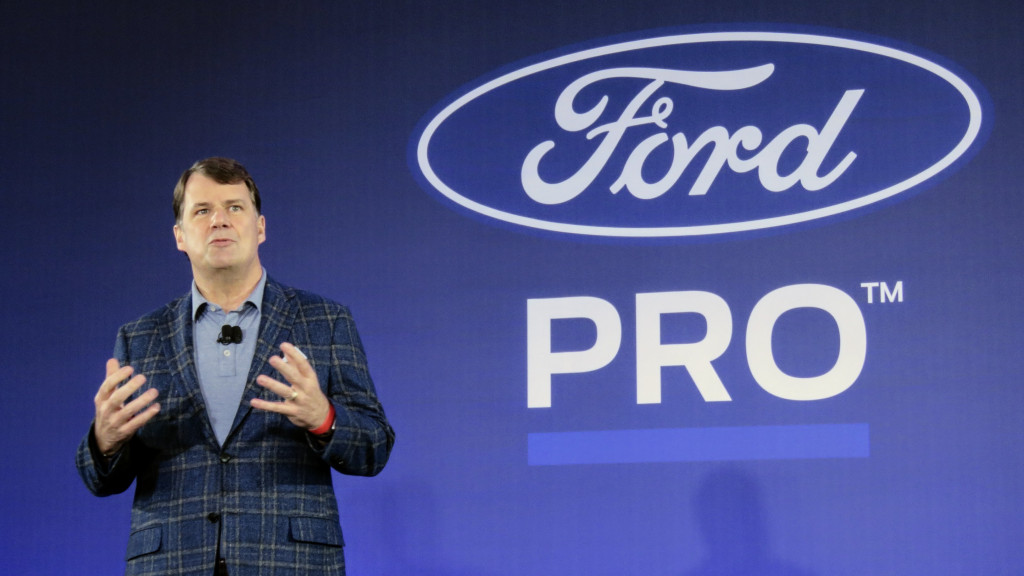
Ford CEO Jim Farley
“The old OEMs absolutely will get consolidated,” said the Ford CEO. “Many of the small players cannot afford to make this transition; many of them are not investing in embedded software and electric architectures, which is the heart of this transition.”
Operating cost over sticker price
Tesla CEO Elon Musk earlier this year said that the company isn’t working on the $25,000 Tesla it focused its entire Battery Day presentation around in 2020, suggesting that robotaxis will make it less important.
Farley followed with a version of that position, saying future Ford products might not be based around the lowest material costs (and sticker price), but around optimizing the total ownership cost. And that might be for a completely different use model.
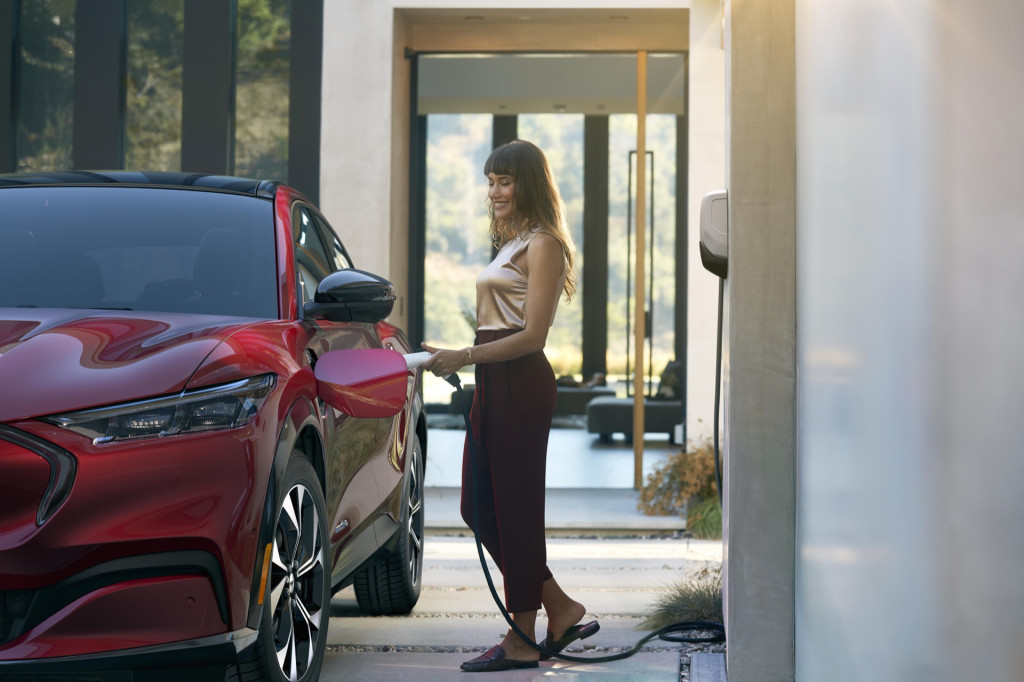
2021 Ford Mustang Mach-E
Nobody has yet built a product for the 1.3 million Lyft and Uber drivers optimized for low operational costs, he noted. Although there’s one exception to that we should point out: UK’s Arrival, which showed a prototype of an electric MPV late last year.
Meeting Chinese makers on margins
Some of the Chinese EV makers are managing higher margins with lower prices. Farley pointed to the lithium-iron phosphate battery chemistry—and its cost of about 20% less than other lithium-ion chemistries—as one possibility to help get there. But he underscored that the simplification of labor content is going to be a big aspect for cutting cost.
Reengineering of vehicles will aid efficiency and thus help minimize the size of battery packs. He has suggested that's already underway in the Mustang Mach-E, incrementally.
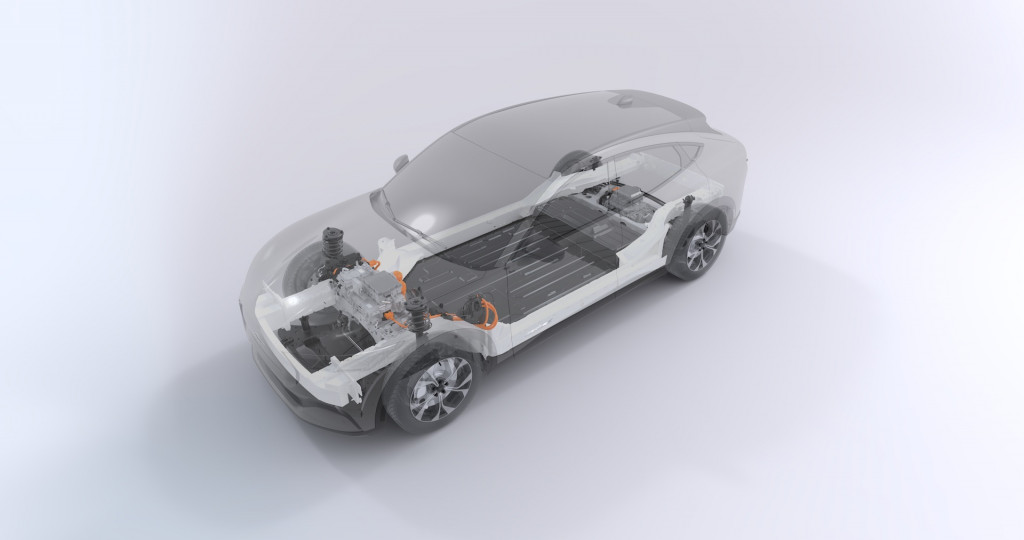
2021 Ford Mustang Mach-E electric powertrain
We’ll also see more optimization for aerodynamics. A full-size pickup truck optimized for aero, versus an F-150 Lightning, means 75 miles in additional range, Farley seemed to suggest, adding that “it’s kind of too bad that the Lightning ends up being our most successful vehicle today because it feels so derivative from the F-Series."
“It’s not our only truck and the other trucks won’t look anything like it,” he added—perhaps referring to the full-size electric truck for “incredibly high volume” due in a few years.
Direct to consumer, no inventory: What dealerships?
The top executive also isn’t convinced Ford needs public advertising for the vehicles developed and sold under its Model E business. He added that Ford should be doing experiential marketing like vehicle birthday updates rather than Super Bowl ads.
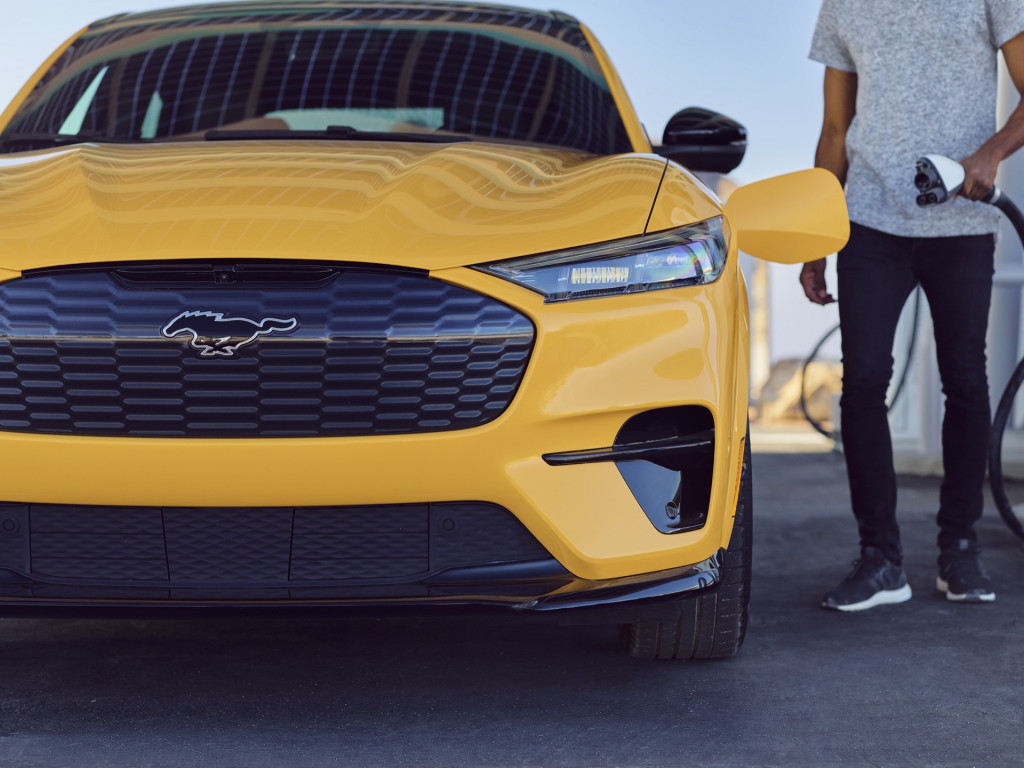
Ford Mustang Mach-E GT Performance Edition
Farley also says that Ford needs to go to non-negotiated pricing and 100% online, with no inventory, and direct-to-consumer pickup and delivery.
Parsing that point, Farley isn’t talking about getting rid of dealers but making them something completely different than what they are now. “We’re working with our dealers as we speak through this,” said Farley. Although on the commercial side, the CEO noted that dealers “wind up being our strongest thing.”
Ford retailers will become more specialized, with “multiple tiers of dealers,” and a plan to use the physical presence of dealerships to outperform Tesla.
